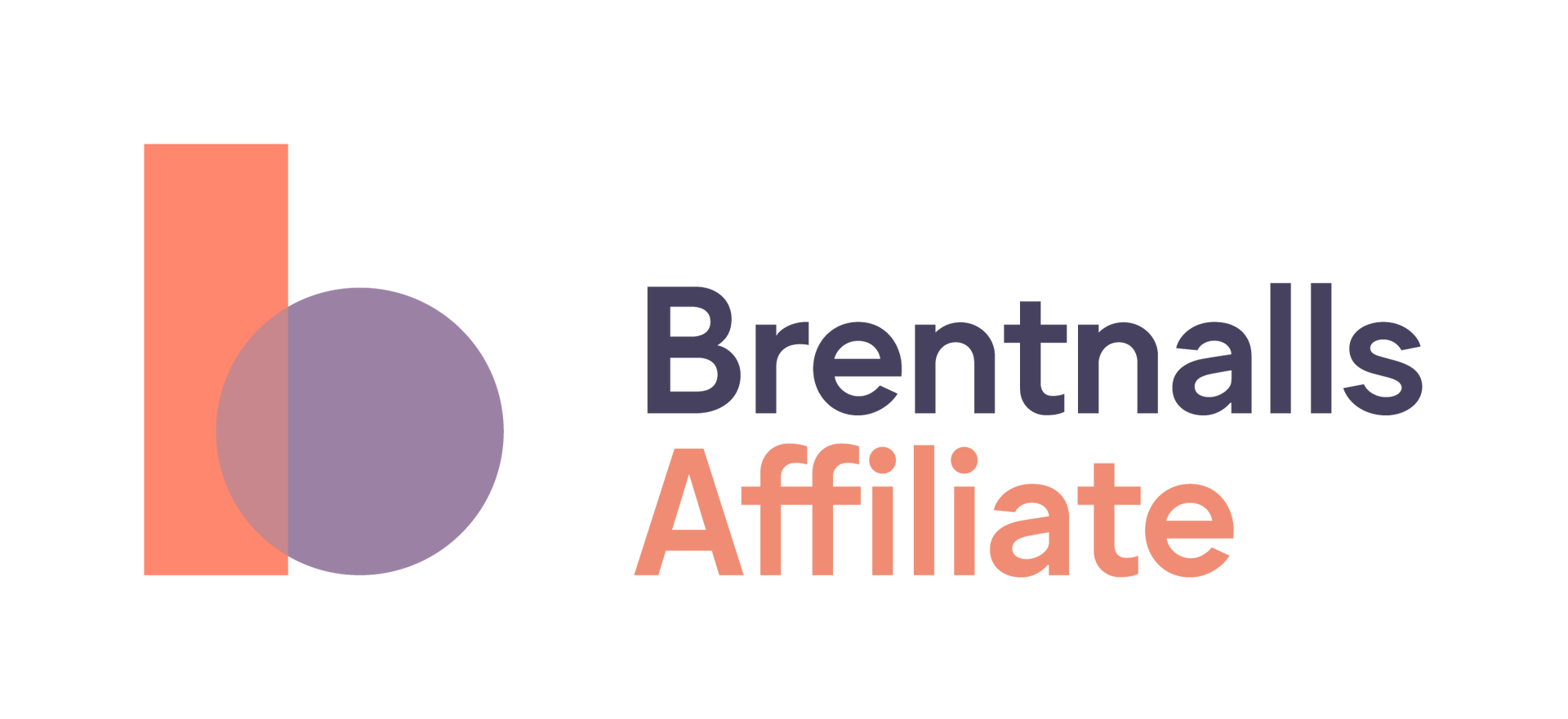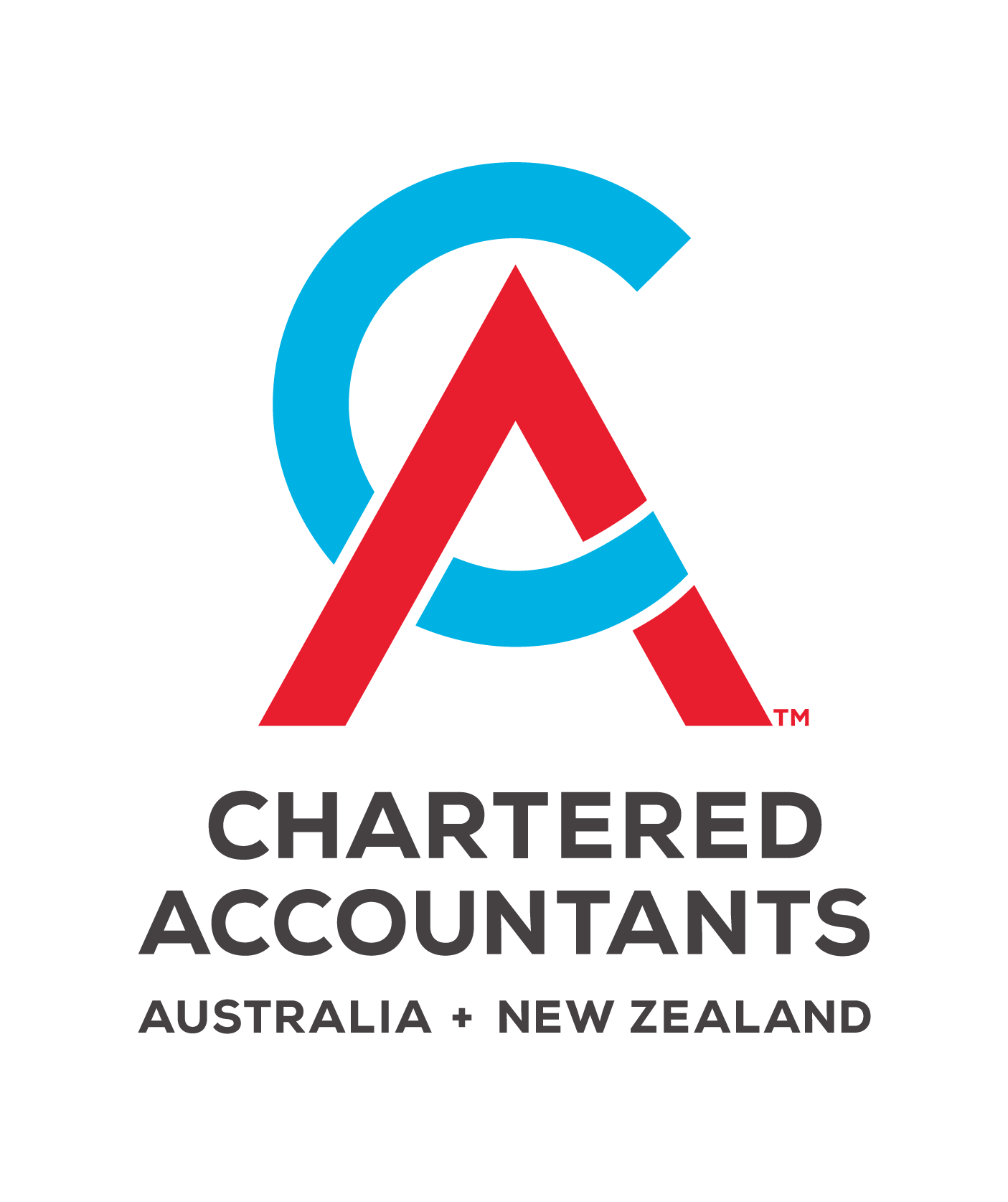Motor Vehicle Expenses
If you use your car in performing your work-related duties or as a business owner using vehicles in the running of your business, you may be able to claim a deduction for car expenses.
As an employee, sole trader or partnership, there are two ways you can calculate your deduction – cents per kilometre method and logbook method.
If you operate as a trust or company, you can only claim the actual vehicle costs that are part of running your business. These costs should be based on actual receipts and a log book should be kept. If your business operates through a company or trust and your vehicle use includes some private use, you may need to consider Division 7A application or Fringe Benefits Tax.
Cents per kilometre
This method allows you to claim a set amount per kilometre which encapsulates all your vehicles running expenses (registration, fuel, service, insurance etc.) a maximum of 5,000 work/business related kilometres per car per year. The ATO does not require written evidence for the claim, but you may be asked how you worked out your kilometres.
The rate per kilometre is .88 cents in 2024-2025 (previously .85 cents). To work out how much you can claim, multiply the total business kilometres you travelled by the rate.
Logbook
Using the logbook method, you can claim the business-use percentage of all of your car expenses.
The logbook method will benefit an individual if their estimated deduction exceeds $4,400 for the 2024-2025 income year (that is .88 cents x 5,000 km under the cents per kilometre method). The logbook method does, however, require receipts and a logbook to be kept. For some, this may require some diligence!
What are the requirements for a valid logbook?
The purpose of the logbook and accompanying odometer records is to determine the business use percentage of the vehicle.
When recording the purpose of the journey, an entry stating "business" or "miscellaneous business" will not be enough. The entry should sufficiently describe the reason for the journey so that it can be classified as a business journey. Private travel is not required to be shown, but it may help to include in the records to help with calculations.
Each logbook kept must contain:
- when the logbook period begins and ends.
- the car's odometer readings at the start and end of the logbook period.
- the total number of kilometres the car travelled during the logbook period.
- the number of kilometres travelled for each journey (if two or more journeys are made in a row on the same day, this can be recorded as a single journey).
- journey start and finish times.
- odometer readings at the start and end of the journey.
- reason for the journey.
- the business-use percentage for the logbook period (calculated from the records).
Things to be mindful of when using a logbook include:
- The logbook is valid for five years or until no longer accurately represents use. After the fifth year, a new logbook will need to be kept. A new one can be started at any time (for example, if business use changes).
- The logbook must be kept for at least a continuous 12 week period.
- For two or more cars - for income tax, the logbook for each car must cover the same period. For FBT, one logbook must be maintained for each where multiple vehicles are provided by an employer.
- The logbook must reflect the usual business use of the vehicle - this can be tricky where there is home to work travel, travel between workplaces, or if the individual's work is itinerant in nature.
- Odometer records must also be kept - this is crucial for working out the total distance travelled during the year and also for the relevant period that the logbook is held. Odometer records should show the reading at the start of the period during which the car was owned (or the whole year in the normal course), also engine capacity, make, model and registration number. Expense records must also be kept. Fuel can be calculated using the average price for the year/period and the fuel consumption of the car by the manufacturer's guidelines.
Deductibility
| Travel | Deductible |
|---|---|
| Home to Work/business Premises | No |
| Home to Eligible Premises (such as a customer or supplier) | Yes |
| Work/Business Premises to Home | No |
| Work/Business Premises to Eligible Premises | Yes |
| Eligible Premises to Work/Business Premises | Yes |
| Eligible Premises to Home | Yes |
Self-Education - Related Motor Vehicle Travel
You may have car expenses related to a course of education at a school, college, university or other place of learning which may be able to be claimed. For the travel to be eligible for a deduction, there must be a direct connection between your study and your current profession, business, trade or course of employment. Self-education expenses (of all kinds) are allocated to categories based on their nature, so some exclusions do apply.
Summary of Self-Education Deductions:
| Description of Trip | Deductible |
|---|---|
| Home to University to Home | Yes |
| Home to University to Work | 1st leg Yes - last leg No - but may reduce category threshold |
| Work to University to Home | 1st leg Yes - last leg No - but may reduce category threshold |
| Work to University to Work | Yes |
There's an app for that!
The Tax Office's smartphone app containing the myDeductions tool may solve the record-keeping dilemma, as it enables the individual to capture receipts for work-related car expenses as well as to enter information for a logbook.
Although the tool is appropriate for individuals wishing to claim work-related car expenses, the Tax Office has not indicated whether it is appropriate for FBT purposes. There are also other third-party apps that may satisfy the requirements under the tax law (please check with us if you're not sure).
For further information on FBT Exemption click here for our FBT Exemption for Eligible Vehicles.
How can Brentnalls SA help?
If you have any questions, please contact Brentnalls SA and ask to speak to one of our advisors. Helping businesses achieve their goals is our passion, and our strength is in our dedicated professional team.
Discuss Further?
If you would like to discuss this, please get in touch.
Disclaimer
The information provided in this information sheet does not constitute advice. The information is of a general nature only and does not take into account your individual situation. It should not be used, relied upon, or treated as a substitute for specific professional advice. We recommend that you contact Brentnalls SA before making any decision to discuss your particular requirements or circumstances.



